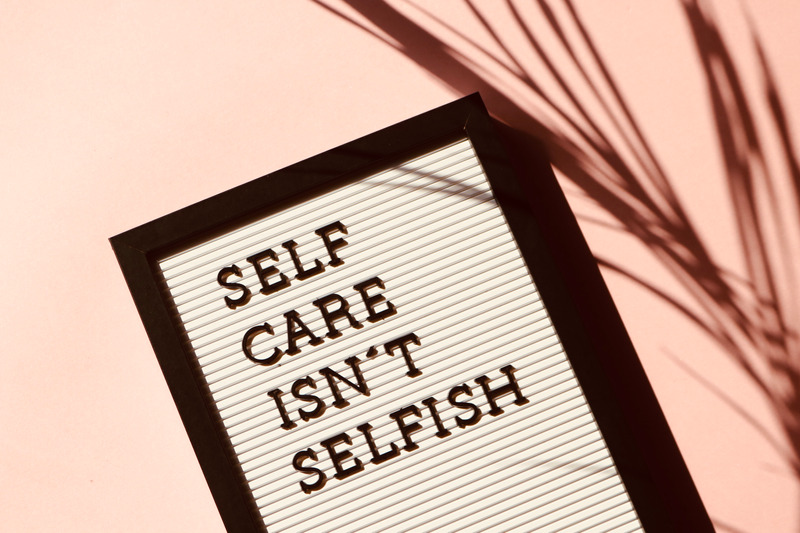Self-care has become a popular buzzword amongst media outlets and therapists for a good reason. We must all focus and prioritize our emotional, physical, and spiritual needs to help support others and create the world we want to live in.
We cannot help others and ourselves when we pour from an empty cup. Self-care can be as simple as reducing screen time before bed to spending time with family. It can even be spending five more minutes paying attention to the sounds and sights of nature around you.
Here are just a few of the benefits of self-care.
Self-care makes you more productive
We live in a “go, go, go” society where rocket-speed work and no breaks are praised, and job applications seek “multitaskers.” The fact is that multitasking is actually proven to make us less productive. We accomplish more if we tackle one task at a time, focus, and slow down.
An example of slowing down can look like dividing tasks on a to-do list and taking planned breaks throughout the day.
It makes you more able to give to others
One big obstacle to self-care is the concept that it is selfish. That couldn’t be farther from the truth! When we focus on our emotional needs, we have more time, emotional bandwidth, and energy to give to those around us. This means more connected and fuller relationships.
It benefits your physical health
Chronic stress and overwork creates numerous physical health problems. Self-care can decrease stress levels and allow your body to relax and recharge. As we settle into a self-care routine, we experience stronger immune systems and less physical health ailments like sore muscles and colds.
It increases your capacity to handle stressors
When we are tired, emotionally drained, or sick, our capacity to handle even minor stressors drastically decreases. Self-care activities can improve your ability to handle and even master daily stressors, such as a flat tire or argument with a significant other. When a stressor occurs, the natural rhythm of the nervous system may be thrown off balance.
By practicing self-care, we give ourselves a better opportunity for our nervous systems to settle back into its natural rhythm more quickly. The resilience zone is the state of being where we feel able to handle life’s daily stressors effectively and efficiently. Self-care increases our capacity to handle stressors, or resilience.
Prioritizing self-care
Now, how do we begin to prioritize self-care? Begin by making a plan. Focus on exploring different areas of your life: personal, family, work, physical, spiritual, and relationships.
Choose a few activities within each of these categories to begin your self-care journey. They don’t have to be expensive or time-consuming. It may be challenging to wake up 20 minutes before your alarm to journal or meditate, for example, but it will absolutely be worth it.
Part of your self-care may even be regular individual therapy sessions to help you learn to focus on yourself and your own needs instead of prioritizing everyone else’s. Whatever activities work best for you are what you should incorporate into your self-care plan.
By Hadley Tarantino, LMFT. Hadley is an associate at the office of Marina Edelman, LMFT. You can read more about her here.


